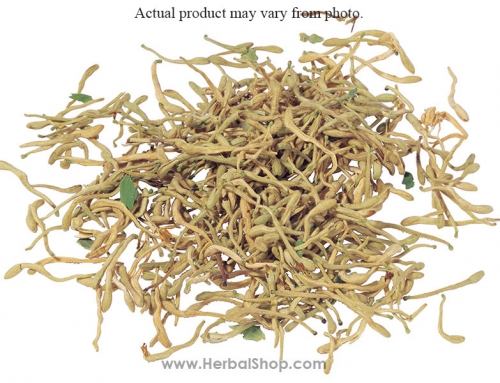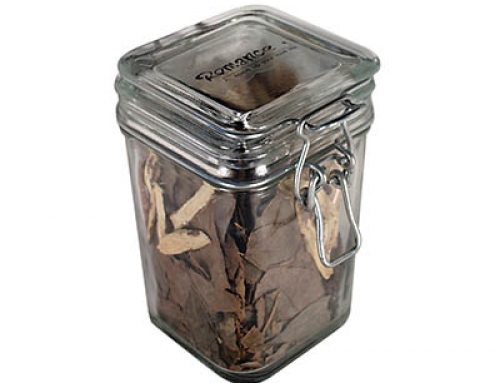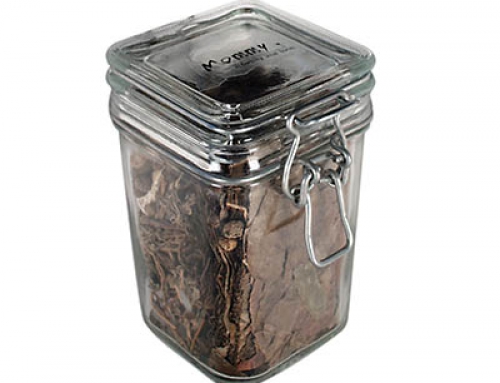續斷
Teasel root (Xuduan)
Pharmaceutical Name: Radix Dipsaci
Botanical Name: 1. Dipsacus asper Wall.
Common Name: Dipsacus root, Teasel root
Source of Earliest Record: Shennong Bencao Jing
Part Used: The roots are dug in the period from July to August. After the fibrous roots have been removed, the roots are cut into slices and dried in the sun.
Natural Properties & Taste: Bitter, sweet, pungent and slightly warm
Meridians: Liver and kidney
Therapeutic Effects:
1. To tonify the liver and kidneys.
2. To promote the circulation of blood.
3. To strengthen the bones and tendons.
Indications:
1. Deficiency of the liver and kidneys manifested as soreness and pain in the lower back and knees or weakness of the legs. Teasel root (Xuduan) is used with Eucommia bark (Duzhong) and Cyathula root (Niuxi).
2. Derangement of Chong and Ren meridians due to deficient liver and kidneys manifested as profuse menstrual flow, uterine bleeding and threatened abortion (restless fetus). Teasel root (Xuduan) is used with Eucommia bark (Duzhong), Donkey hide gelatin (Ejiao), Mugwort leaf (Aiye), Astragalus root (Huangqi) and Chinese angelica root (Danggui).
3. External injury. Teasel root (Xuduan) is used with Drynaria (Gusuibu) and Dragon’s blood (Xuejie) for reducing swelling and stopping pain.
Dosage: 10-20 g
Cautions & Contraindications: The fried herb is used for uterine bleeding and the powdered herb for external use.





